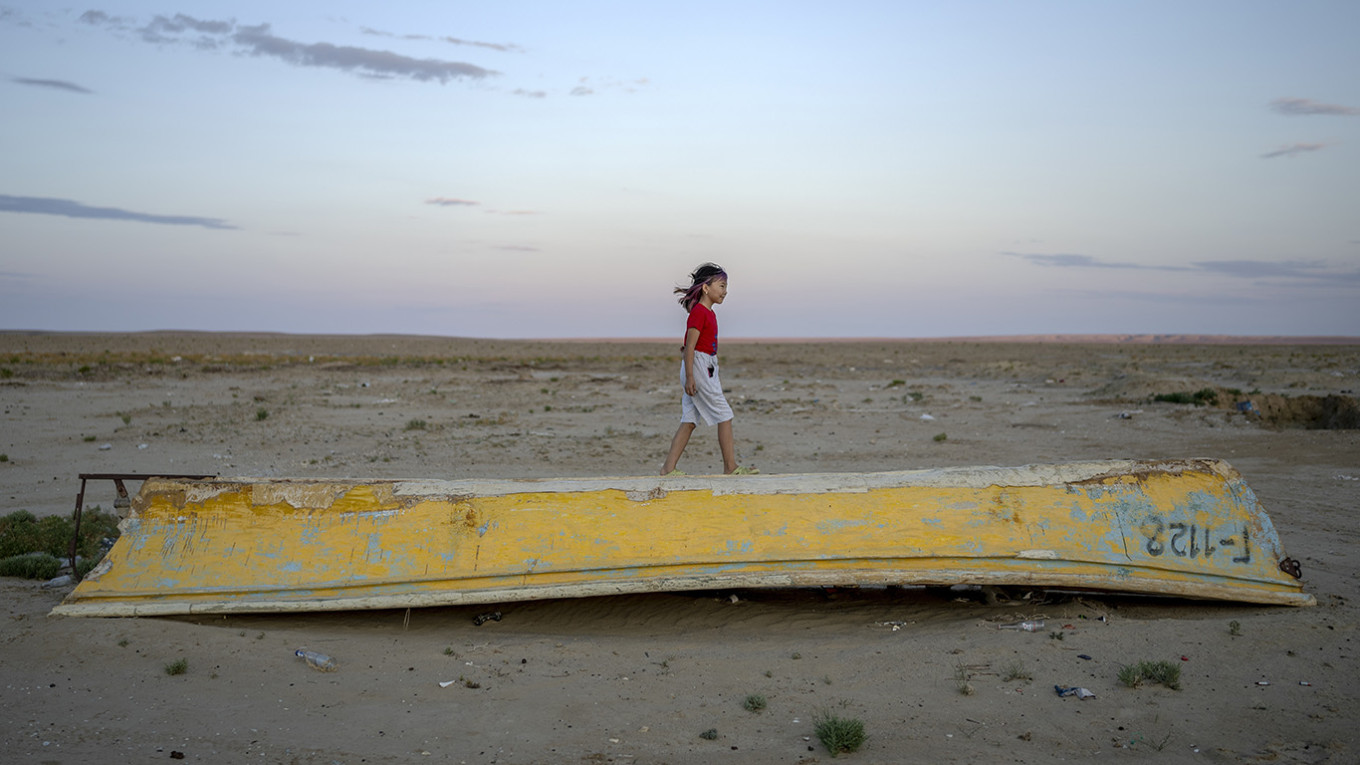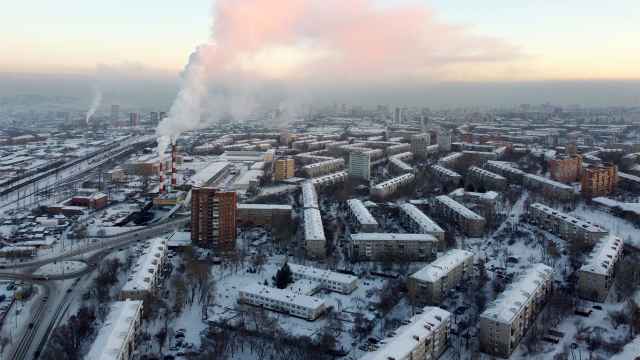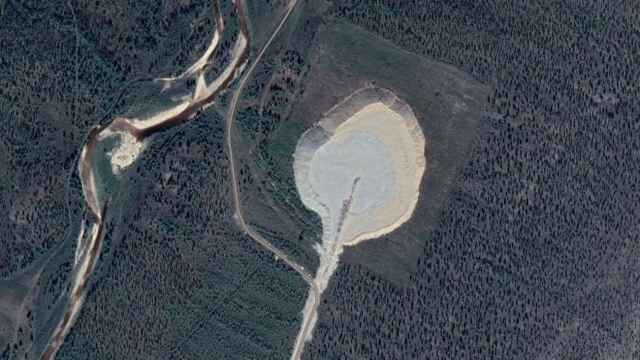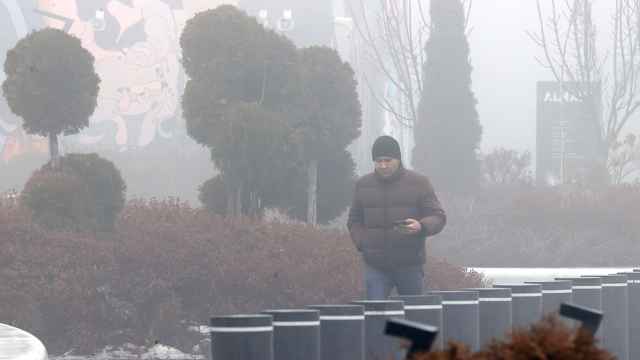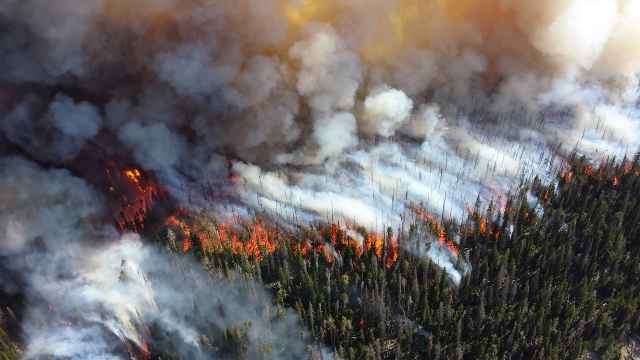The toxic environment near the former Aral Sea in Central Asia has led to impaired growth and reduced levels of reproductive hormones among local young people, the state-run TASS news agency reported Tuesday, citing a joint study by Russian and Uzbek scientists.
Once the world's fourth-largest lake, the Aral Sea — located between Kazakhstan and Uzbekistan — started drying up in the 1960s as Soviet irrigation projects overdrew water from the rivers that fed into it. Today, the former sea is home to the Aralkum desert, which harbors toxic substances carried there by agricultural wastewater.
To assess the ecological disaster’s impact on young people, researchers from St. Petersburg Electrotechnical University and Karakalpak State University selected 609 volunteers aged 18-25 from two areas near the former sea.
They discovered that the local environment, polluted with pesticides, heavy metals and organochlorine compounds, disrupted the endocrine status of growing bodies.
"This is reflected in stunted growth, delayed physical development and reduced levels of reproductive hormones, especially in males, leading to decreased body size and mass," Andrei Pugovkin, a professor at the Biotechnical Systems department of St. Petersburg Electrotechnical University, told TASS.
Dust storms reportedly spread 75 million tons of toxic salts and sand from the seabed annually, also endangering locals’ health.
The study authors said they hoped that identifying these adverse changes in young people's developing bodies, could help predict diseases earlier and provide necessary interventions.
A Message from The Moscow Times:
Dear readers,
We are facing unprecedented challenges. Russia's Prosecutor General's Office has designated The Moscow Times as an "undesirable" organization, criminalizing our work and putting our staff at risk of prosecution. This follows our earlier unjust labeling as a "foreign agent."
These actions are direct attempts to silence independent journalism in Russia. The authorities claim our work "discredits the decisions of the Russian leadership." We see things differently: we strive to provide accurate, unbiased reporting on Russia.
We, the journalists of The Moscow Times, refuse to be silenced. But to continue our work, we need your help.
Your support, no matter how small, makes a world of difference. If you can, please support us monthly starting from just $2. It's quick to set up, and every contribution makes a significant impact.
By supporting The Moscow Times, you're defending open, independent journalism in the face of repression. Thank you for standing with us.
Remind me later.


